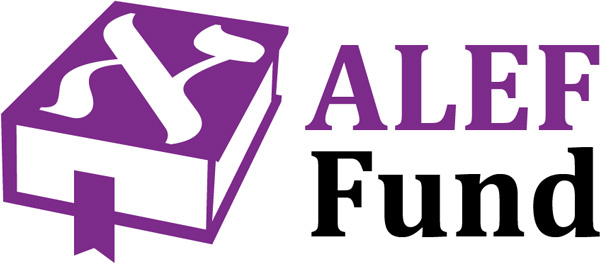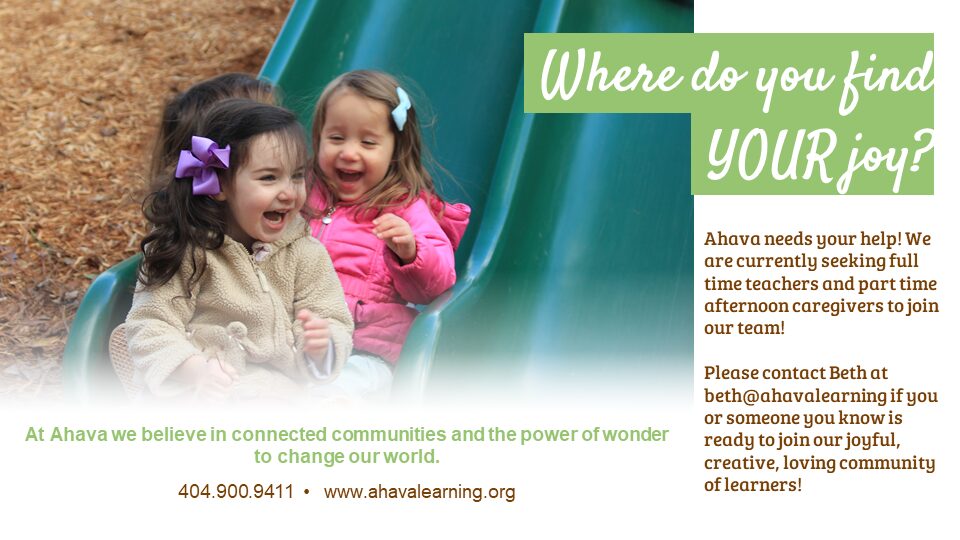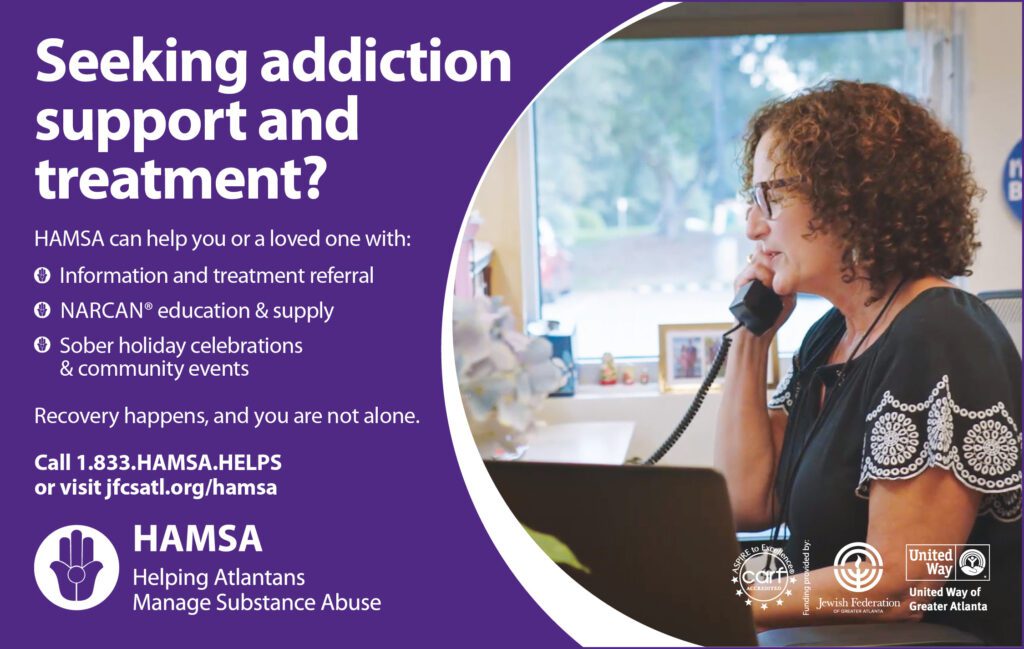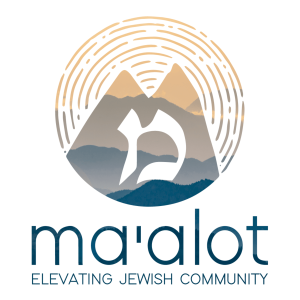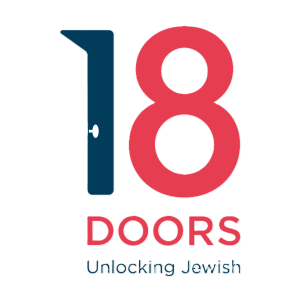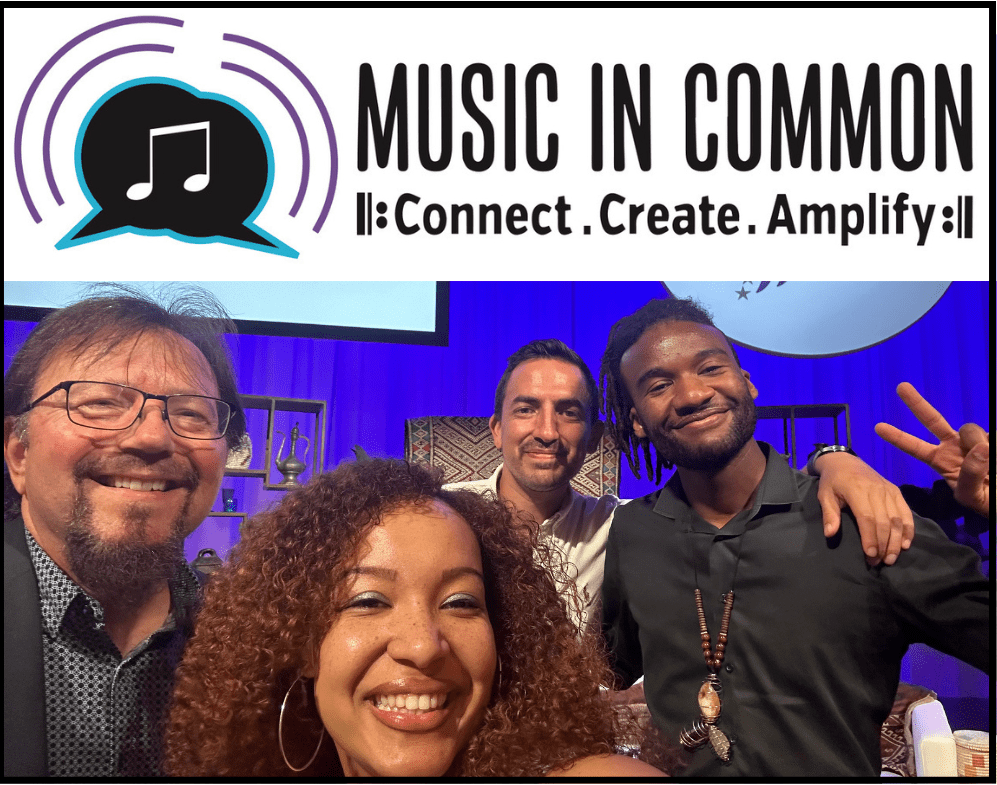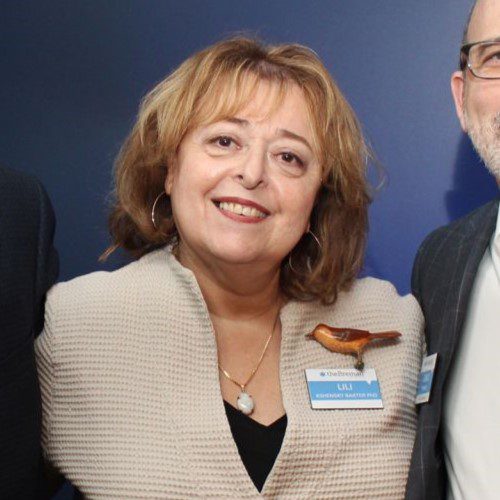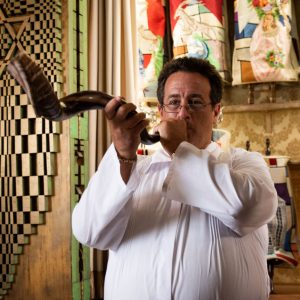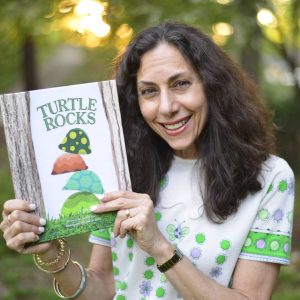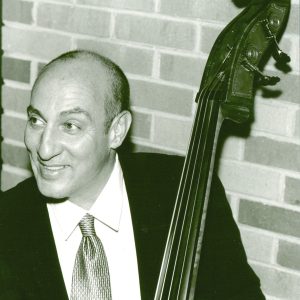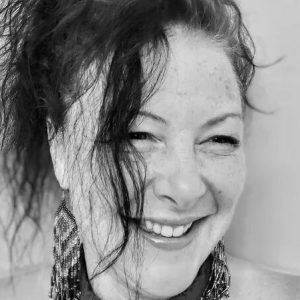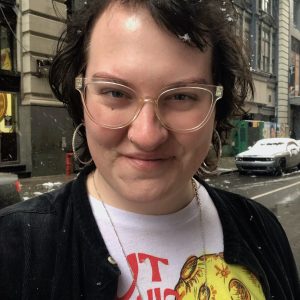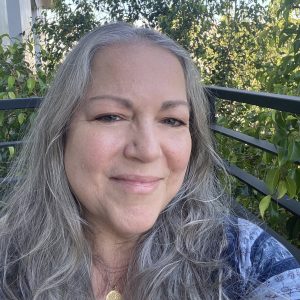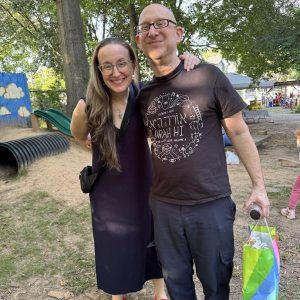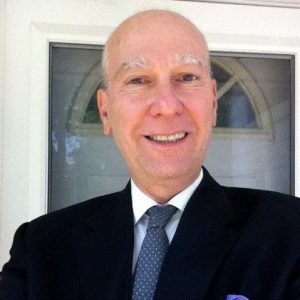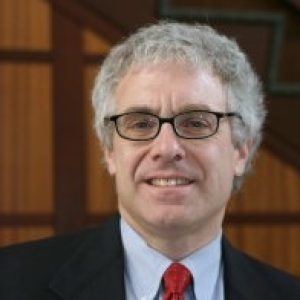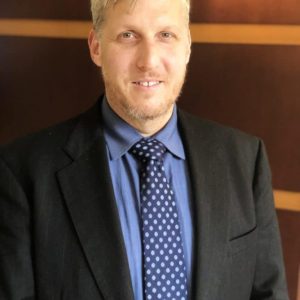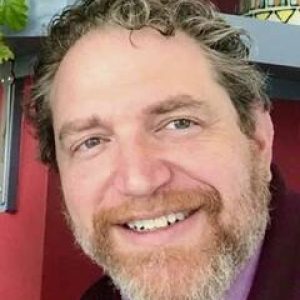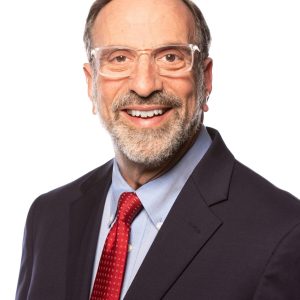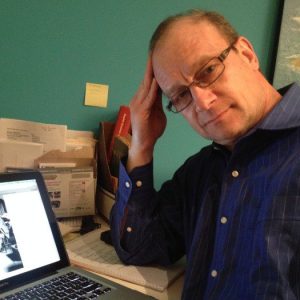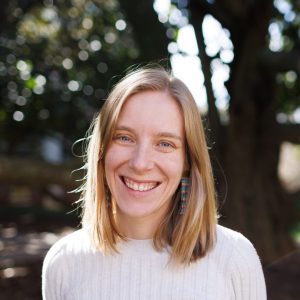Torah Commentary with Rabbi Laurence Rosenthal
Parshat Emor
Leviticus 21:1-24:23Name Calling!
By Rabbi Laurence Rosenthal
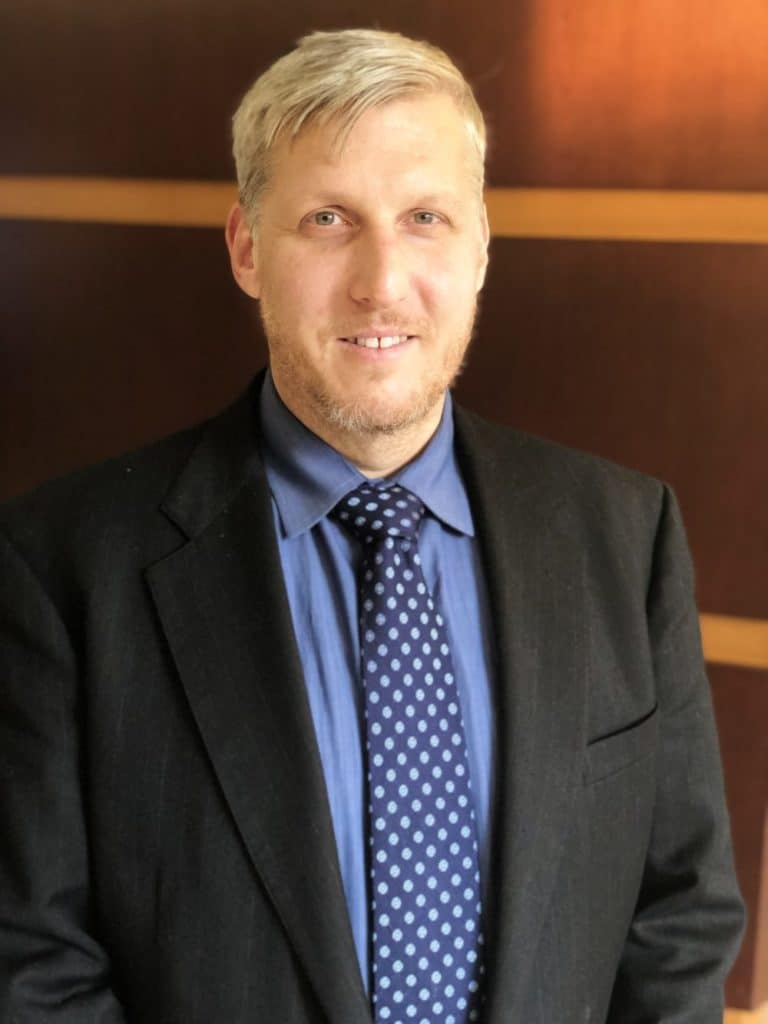
I'm sure you are familiar with the affectionate nicknames that friends might call each other, names that are the opposite of their stature. Somebody very tall might be called "shorty." Someone very big might be called "tiny." These titles not only call out the obvious, but they also disarm the encounter with such an individual, making somebody who would otherwise be imposing more approachable. Parshat Emor begins with a similar literary technique to help us approach a very difficult topic:
וַיֹּ֤אמֶר יְהֹוָה֙ אֶל־מֹשֶׁ֔ה אֱמֹ֥ר אֶל־הַכֹּהֲנִ֖ים בְּנֵ֣י אַהֲרֹ֑ן וְאָמַרְתָּ֣ אֲלֵהֶ֔ם לְנֶ֥פֶשׁ לֹֽא־יִטַּמָּ֖א בְּעַמָּֽיו׃
And God said to Moses, "Say to the Priests, the children of Aaron, and you will say to them: For a Nefesh [dead body], they will not impurify themselves by means of their people (Leviticus 21:1).
This verse is a bit confusing for many reasons. However, I'm most interested in the term the Torah uses here for a dead body – nefesh. Not only is this not a term regularly used for the dead [Met], it is precisely opposite. Nefesh means "soul." In fact, when God created the first human being in the Garden of Eden, it states:
וַיִּ֩יצֶר֩ יְהֹוָ֨ה אֱלֹהִ֜ים אֶת־הָֽאָדָ֗ם עָפָר֙ מִן־הָ֣אֲדָמָ֔ה וַיִּפַּ֥ח בְּאַפָּ֖יו נִשְׁמַ֣ת חַיִּ֑ים וַֽיְהִ֥י הָֽאָדָ֖ם לְנֶ֥פֶשׁ חַיָּֽה׃
And God-Elohim, formed the person, using dust from the earth, and blew into its nose a living spirit and it [the spirit] was for the person, a living nefesh [soul] (Genesis 2:8).
Why is this week's parsha using the word 'soul,' which usually connotes life, to refer to death? Is God trying to use a euphemism to make a difficult situation (death) more manageable? There are other terms that could be used to reference a dead body which might soften the edges.
The use of the term nefesh, reminds us of the very essence that makes our bodies sacred to us. As described in Genesis 2:8, the body is material being made of dust and earth. What makes the human experience special is the inclusion of that divine spark, the nefesh, making the body into a human being. This duality – body and soul – is complex and can be dangerous if not managed properly. As with many dualist systems, one side represents the good while the other side represents the bad. If we use this mindset for our body and soul experience, we might be tempted to view the body as bad. Of course, there are many religious communities that do just that. Bodily impulses are considered bad with hunger and sex often seen as dirty, while matters dealing with the soul are considered clean and pure.
As our Parsha wades into the discussion of impurity that is imparted when one has contact with a dead body, there might be a concern that this duality is going to come into focus. By insinuating that encountering a corpse makes somebody impure, it wouldn't be much of a stretch to assume that the body is impure and bad. However, this is not a Jewish idea. Therefore, the text refers to the body as "soul" to remind us that the body is more than dust and earth. The body made possible the experience of the soul on earth and must be treated with dignity, kindness, and reverence. This sort of thinking is what girds many of the rituals surrounding death and burial in our Jewish tradition.
The words we use matter. The terms we use to refer to things, ideas, or even other people make a difference in the way we treat them, include them, embrace them. Imagine what the world would look like if we approached every difficult situation with a bit more nefesh.
Shabbat Shalom

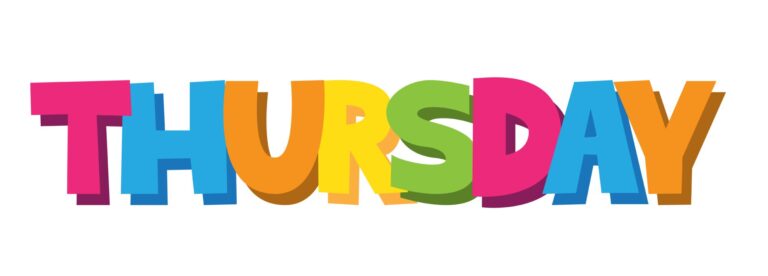
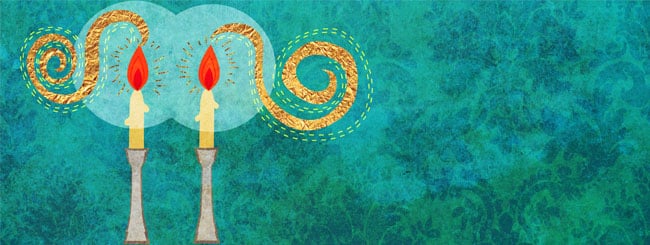
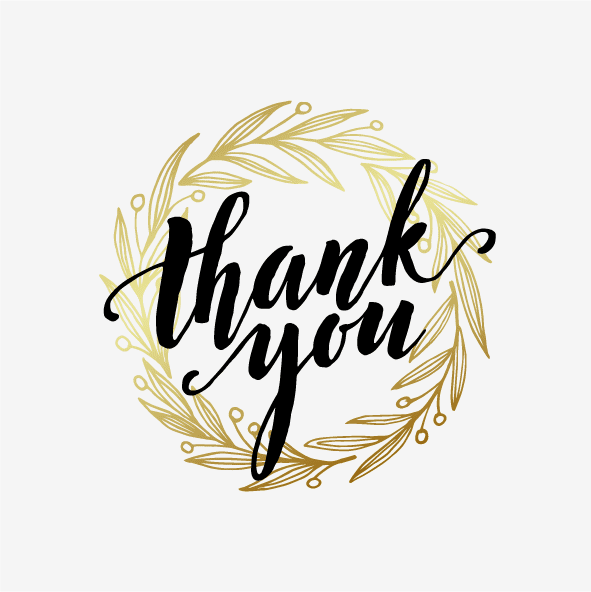
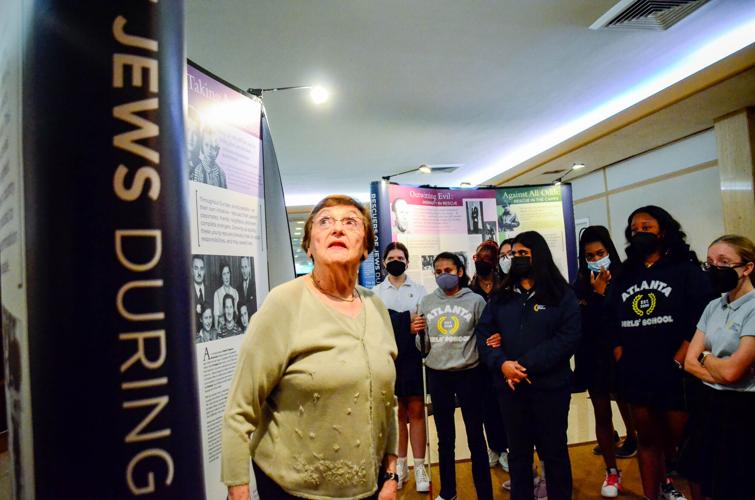
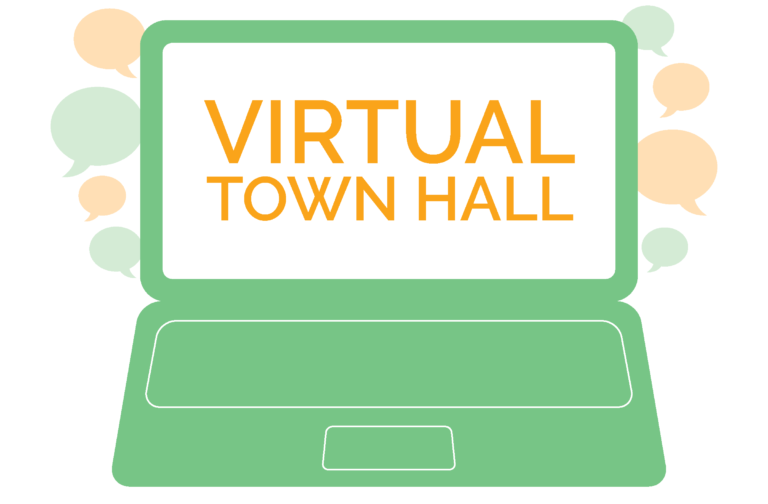
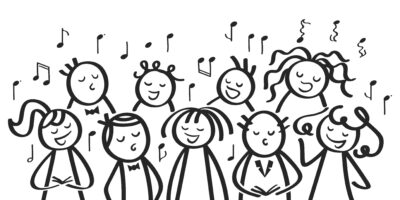
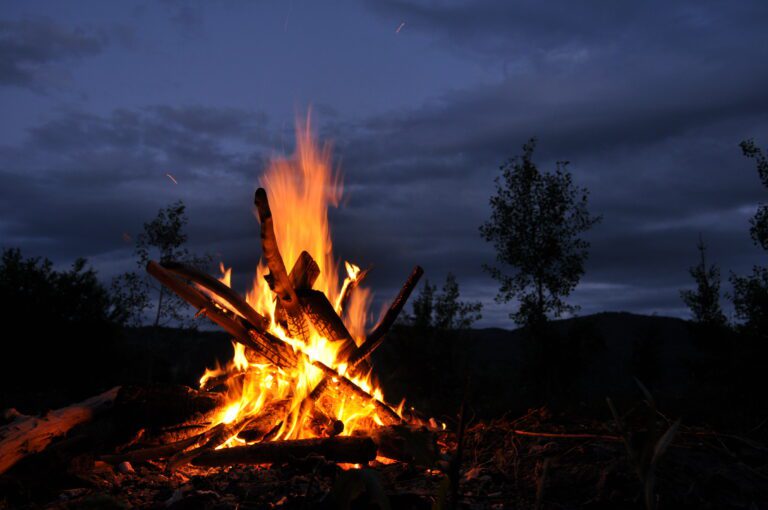
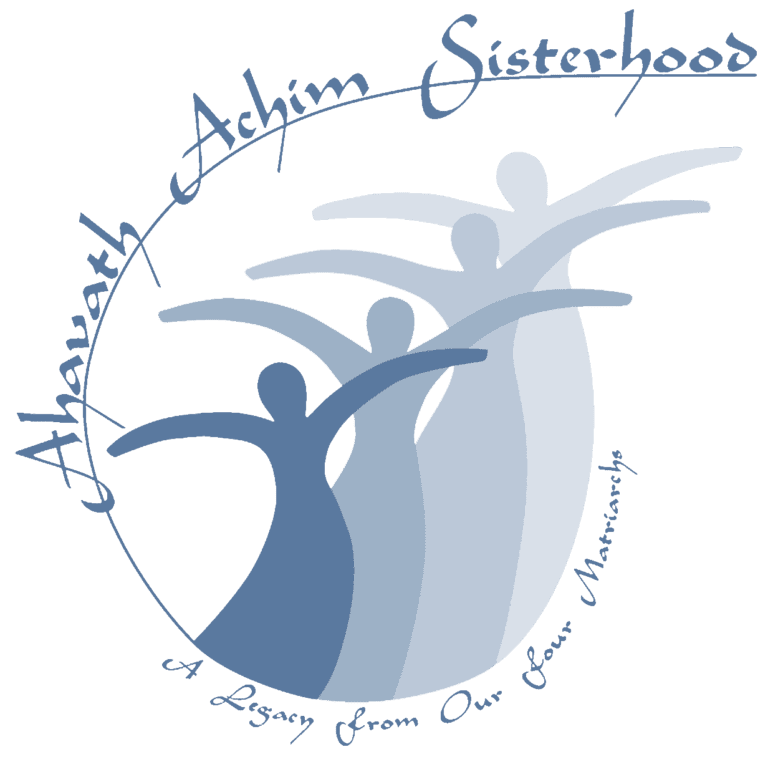
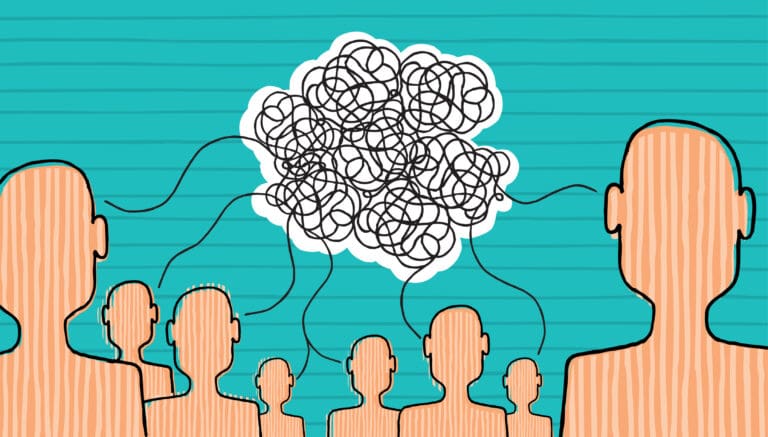
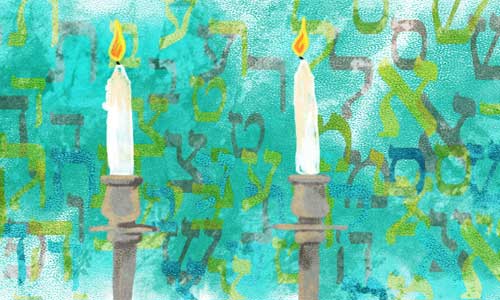
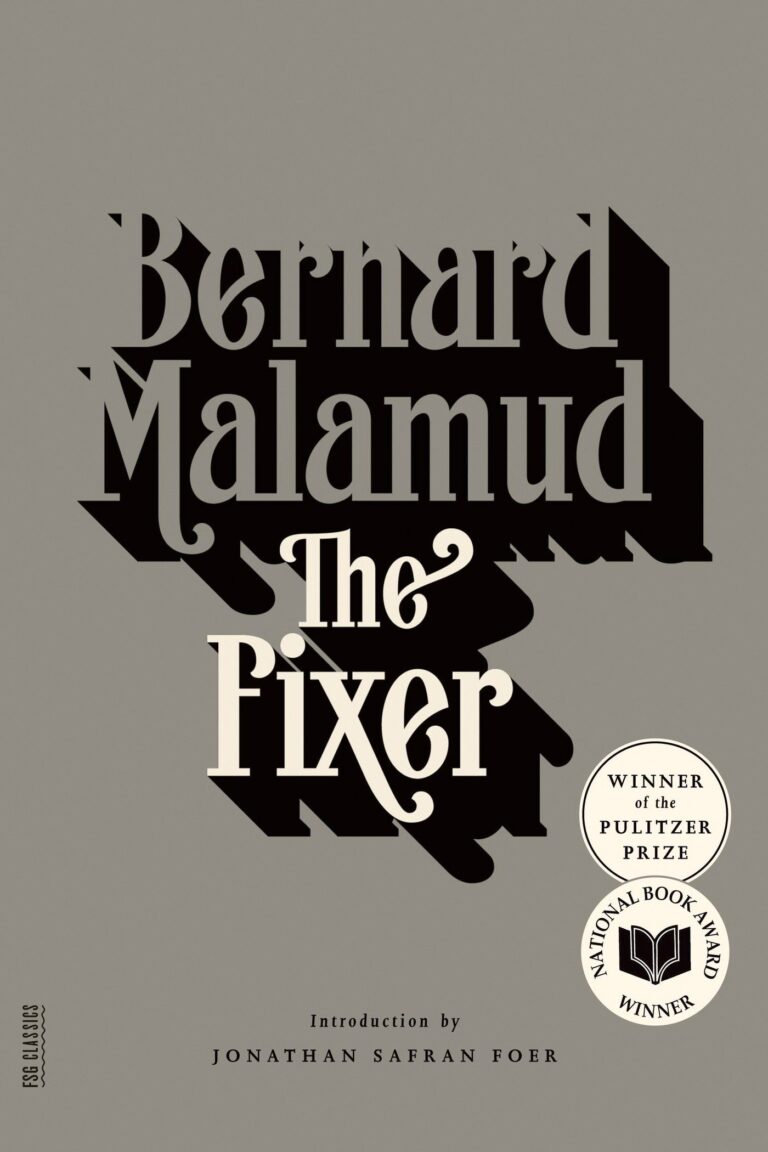
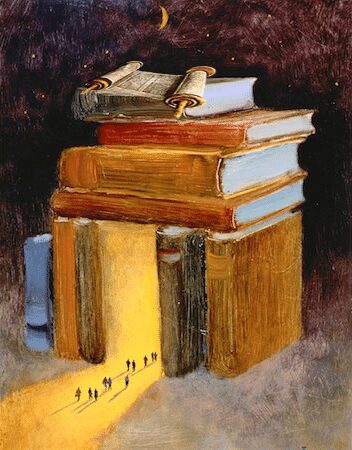
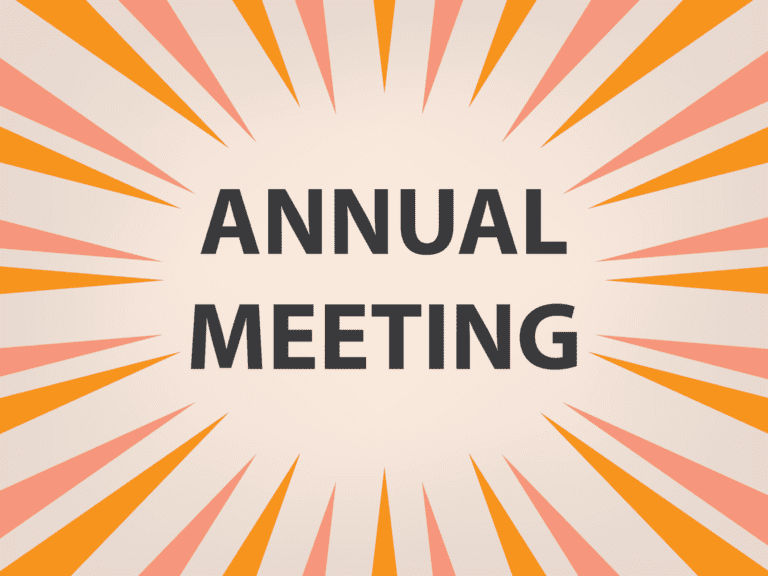
 We are looking for nominations for The Marvin C. Goldstein and Rita Goldstein Wolfson Volunteer of the Year Award (presented to a volunteer who has shown outstanding efforts to strengthen our congregation and community) to be presented at the Annual Meeting in June. To submit recommendations, please contact Jackie Nix (
We are looking for nominations for The Marvin C. Goldstein and Rita Goldstein Wolfson Volunteer of the Year Award (presented to a volunteer who has shown outstanding efforts to strengthen our congregation and community) to be presented at the Annual Meeting in June. To submit recommendations, please contact Jackie Nix (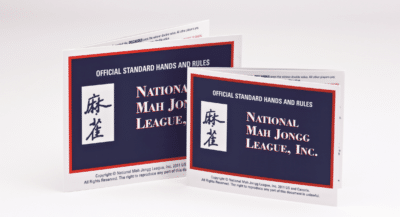 Extra regular-size cards available! To order your card(s), please email Barbara Nathan (
Extra regular-size cards available! To order your card(s), please email Barbara Nathan ( We are grateful for your continued support, patience, and fortitude as our community, country and world move through one of the most challenging times in modern history. With the guidance of the Center of Disease Control's (CDC) latest guidelines, we are sharing with you our updated protocols which will allow our synagogue building and community to live up to its traditional name, a Beit Knesset (A House of Gathering). Effective today, Friday, March 11, the following changes to our safety protocols will be in effect for our worship, cultural events, adult learning, and business meetings:
We are grateful for your continued support, patience, and fortitude as our community, country and world move through one of the most challenging times in modern history. With the guidance of the Center of Disease Control's (CDC) latest guidelines, we are sharing with you our updated protocols which will allow our synagogue building and community to live up to its traditional name, a Beit Knesset (A House of Gathering). Effective today, Friday, March 11, the following changes to our safety protocols will be in effect for our worship, cultural events, adult learning, and business meetings: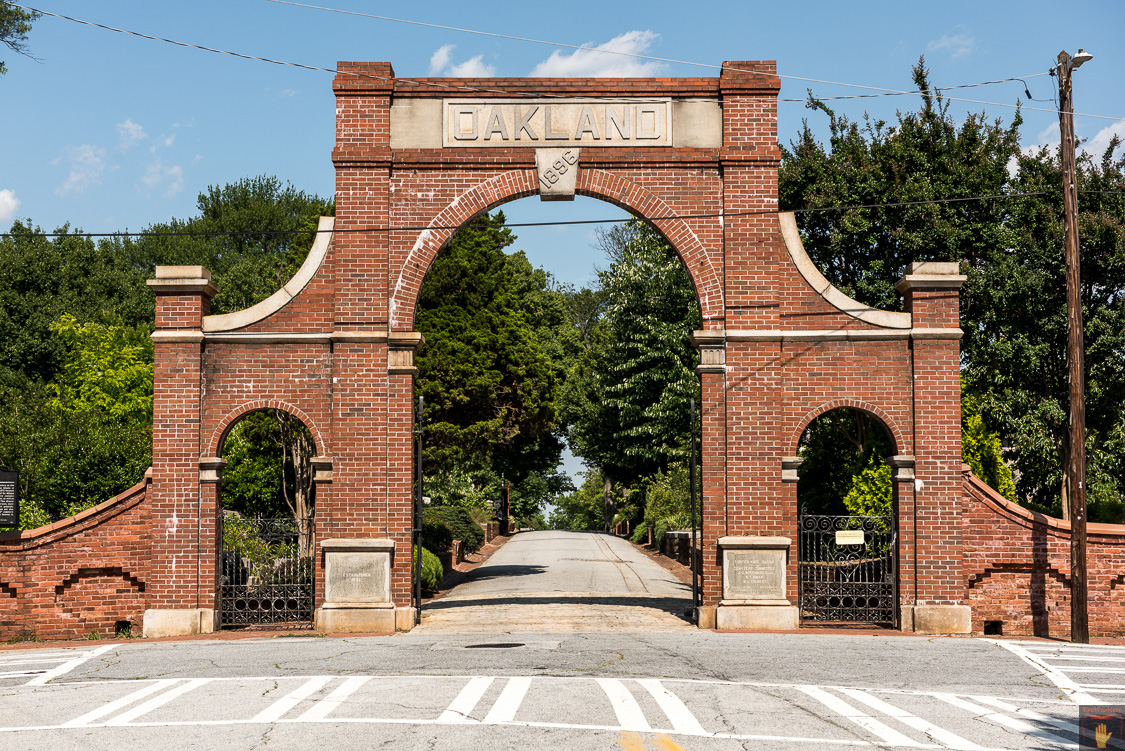 A joint committee representing AA Synagogue and The Temple, consisting of Betsy Teplis, Ivan Millender, Janice Rothschild Blumberg, Emilie Posner Haas, and Sperry Wilder (a tour guide at Oakland since 1999) has been formed to collect and compile your most relevant family history of those family members buried in Oakland Cemetery. Please note we are not soliciting funds for this project. It is voluntary. The information will be included on the tours of the AA and Temple sections in Oakland Cemetery and archived at the Breman Museum. We appreciate your participation in this worthwhile project. Please submit a brief synopsis of your interesting family history, hopefully by year-end, via email to Ivan Millender (
A joint committee representing AA Synagogue and The Temple, consisting of Betsy Teplis, Ivan Millender, Janice Rothschild Blumberg, Emilie Posner Haas, and Sperry Wilder (a tour guide at Oakland since 1999) has been formed to collect and compile your most relevant family history of those family members buried in Oakland Cemetery. Please note we are not soliciting funds for this project. It is voluntary. The information will be included on the tours of the AA and Temple sections in Oakland Cemetery and archived at the Breman Museum. We appreciate your participation in this worthwhile project. Please submit a brief synopsis of your interesting family history, hopefully by year-end, via email to Ivan Millender (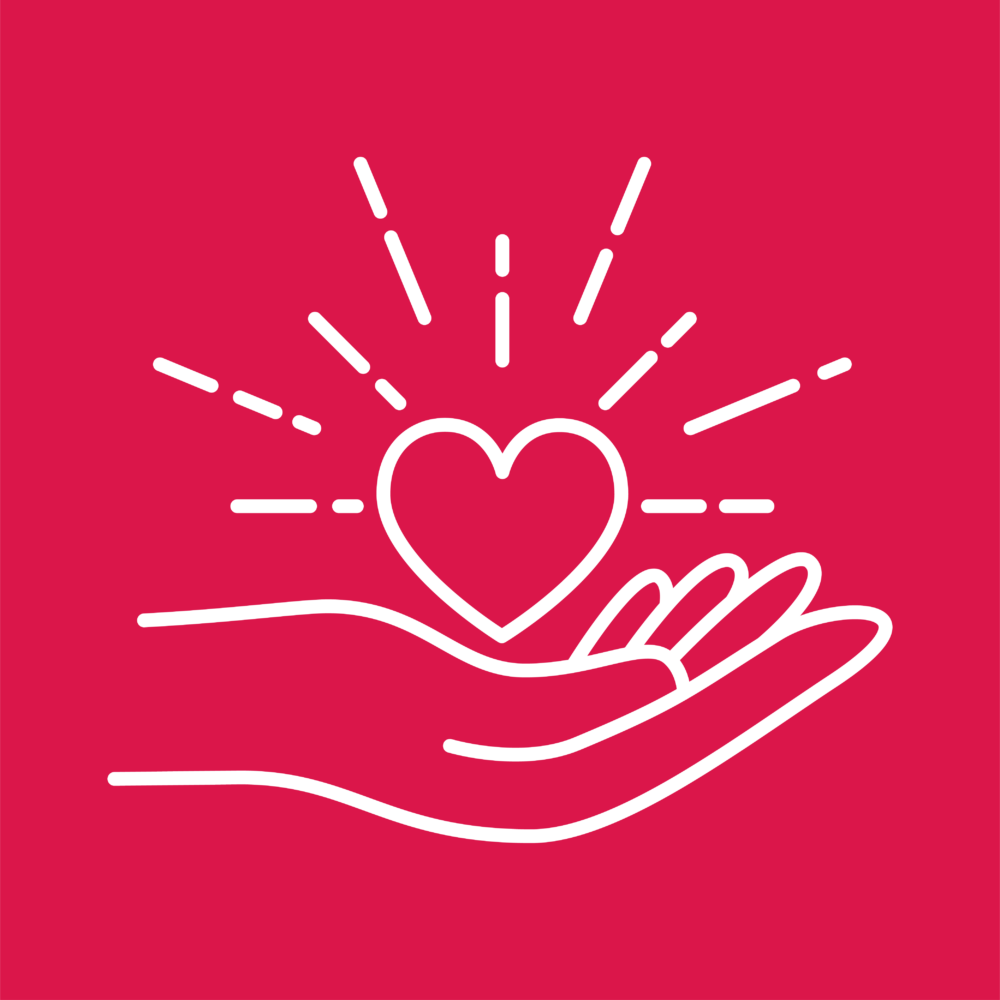 Do you know an AA congregant who is in the hospital or infirm? We are concerned about loved ones and friends who are in the hospital or infirm. Although our synagogue office remains closed, we are still working and would like to connect with you, especially in regards to pastoral care. If you have information about friends or family in the hospital or other care facilities, please contact Rabbi Rosenthal (
Do you know an AA congregant who is in the hospital or infirm? We are concerned about loved ones and friends who are in the hospital or infirm. Although our synagogue office remains closed, we are still working and would like to connect with you, especially in regards to pastoral care. If you have information about friends or family in the hospital or other care facilities, please contact Rabbi Rosenthal (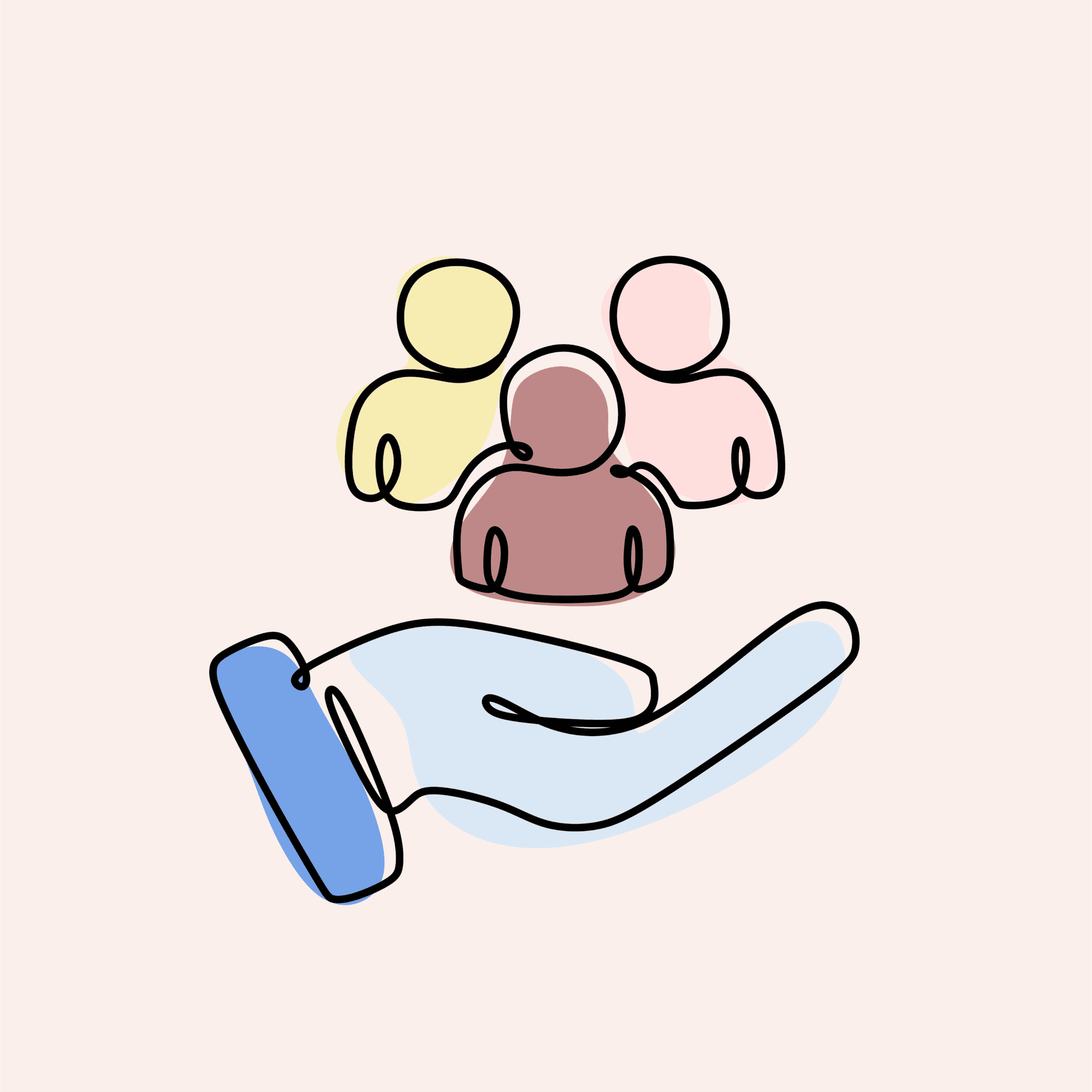 We are excited to move forward in aligning Ahavath Achim with United Synagogues of Conservative Judaism's (USCJ) membership section of Standards for Congregational Practice: "We celebrate diversity among and within our synagogues and encourage the engagement of all those who seek a spiritual and communal home in an authentic and dynamic Jewish setting." Most of us have or know Jewish families with loved ones of other faiths. Embracing these families will allow us not only to support their Jewish growth and identity with AA, it will also help them create a Jewish home of their own. To this end, we will soon be introducing proposed changes to our by-laws
We are excited to move forward in aligning Ahavath Achim with United Synagogues of Conservative Judaism's (USCJ) membership section of Standards for Congregational Practice: "We celebrate diversity among and within our synagogues and encourage the engagement of all those who seek a spiritual and communal home in an authentic and dynamic Jewish setting." Most of us have or know Jewish families with loved ones of other faiths. Embracing these families will allow us not only to support their Jewish growth and identity with AA, it will also help them create a Jewish home of their own. To this end, we will soon be introducing proposed changes to our by-laws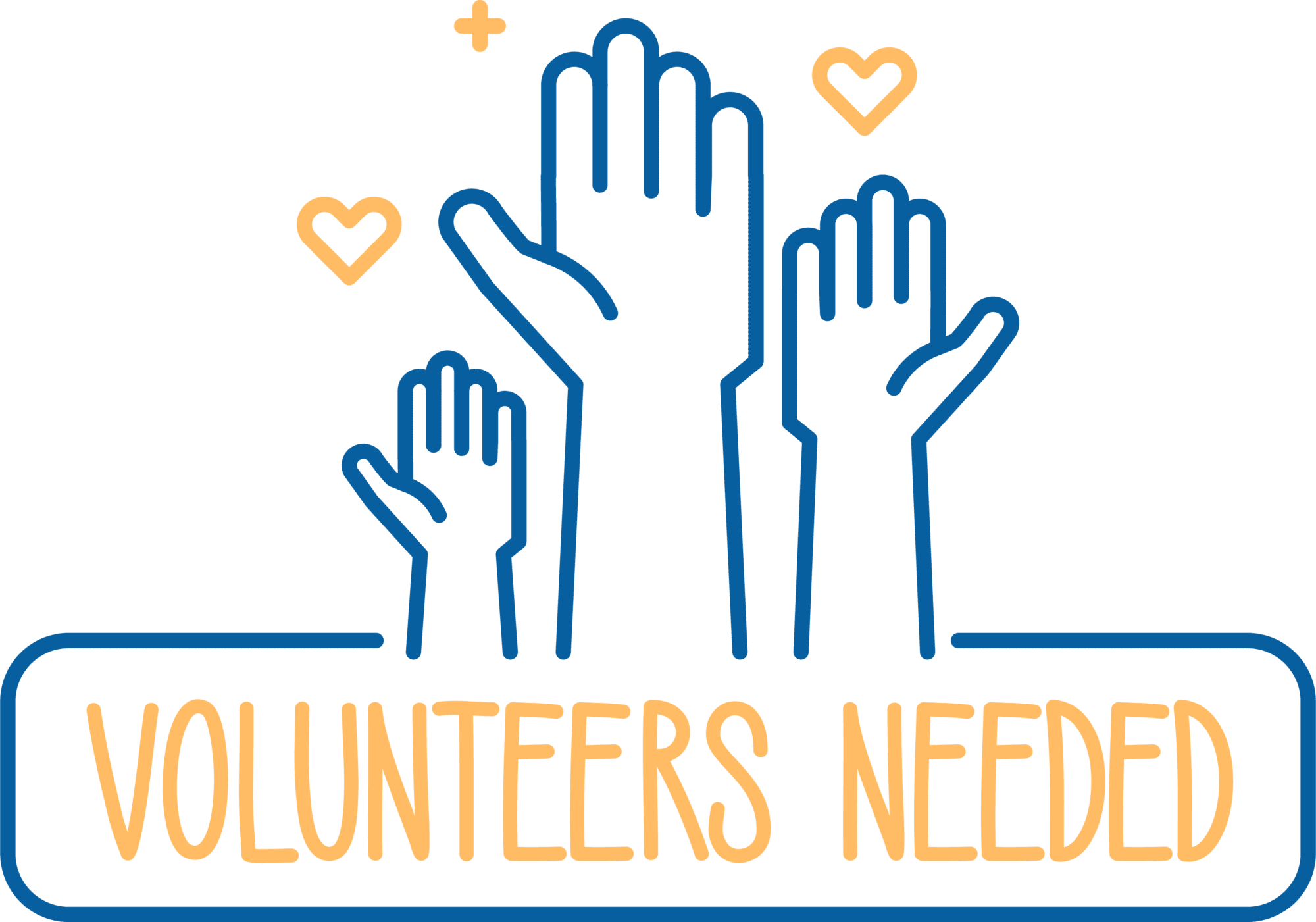 We are in need of an online gabbai to help us deepen our Shabbat morning hybrid service experience. This opportunity will be facilitated from the comfort of your in-home "sanctuary." We seek somebody who can welcome our Zoom participants and invite selected individuals to participate in the service with honors like online aliyah to the Torah, English readings, etc. This position requires the use of the Zoom chat feature, computer camera, and a smiling, outgoing personality. Detailed instructions and training will be provided. We are looking for several individuals to create a monthly rotation. If you are interested, please contact Rabbi Laurence Rosenthal (
We are in need of an online gabbai to help us deepen our Shabbat morning hybrid service experience. This opportunity will be facilitated from the comfort of your in-home "sanctuary." We seek somebody who can welcome our Zoom participants and invite selected individuals to participate in the service with honors like online aliyah to the Torah, English readings, etc. This position requires the use of the Zoom chat feature, computer camera, and a smiling, outgoing personality. Detailed instructions and training will be provided. We are looking for several individuals to create a monthly rotation. If you are interested, please contact Rabbi Laurence Rosenthal ( We have so many wonderful activities at Ahavath Achim Synagogue, from communal to spiritual to social action. The Membership Committee is requesting your help in asking others to come WITH you to any/all synagogue events! Share how many wonderful things are going on at AA with your friends and family! If you know of anyone who should be on our prospective member list or should be contacted by leadership in any way, please reach out to Miriam Habif Gelfond, Director of Outreach and Engagement (
We have so many wonderful activities at Ahavath Achim Synagogue, from communal to spiritual to social action. The Membership Committee is requesting your help in asking others to come WITH you to any/all synagogue events! Share how many wonderful things are going on at AA with your friends and family! If you know of anyone who should be on our prospective member list or should be contacted by leadership in any way, please reach out to Miriam Habif Gelfond, Director of Outreach and Engagement ( Ahavath Achim's Sisterhood is a dynamic organization of women of all ages with diverse experiences, talents, and interests within our synagogue, community, and the Jewish world. Every woman counts for Sisterhood to grow and thrive. Basic membership dues are $45, but we encourage you to join at a Chai-er level. Your generous dues and donations are vital for Sisterhood to continue to offer programs and projects that strengthen and sustain our Jewish values.
Ahavath Achim's Sisterhood is a dynamic organization of women of all ages with diverse experiences, talents, and interests within our synagogue, community, and the Jewish world. Every woman counts for Sisterhood to grow and thrive. Basic membership dues are $45, but we encourage you to join at a Chai-er level. Your generous dues and donations are vital for Sisterhood to continue to offer programs and projects that strengthen and sustain our Jewish values. We need your involvement in AA's social action programs! Motivate your family and friends "into action" towards the betterment of our community, and envision our current programs continued for the future. Reach out to your nieces, nephews, friends, and new neighbors for new contacts and ideas to help us increase our pool of volunteers for our wonderful existing and future programs. We need you! Find out how you want to be involved by reviewing the
We need your involvement in AA's social action programs! Motivate your family and friends "into action" towards the betterment of our community, and envision our current programs continued for the future. Reach out to your nieces, nephews, friends, and new neighbors for new contacts and ideas to help us increase our pool of volunteers for our wonderful existing and future programs. We need you! Find out how you want to be involved by reviewing the 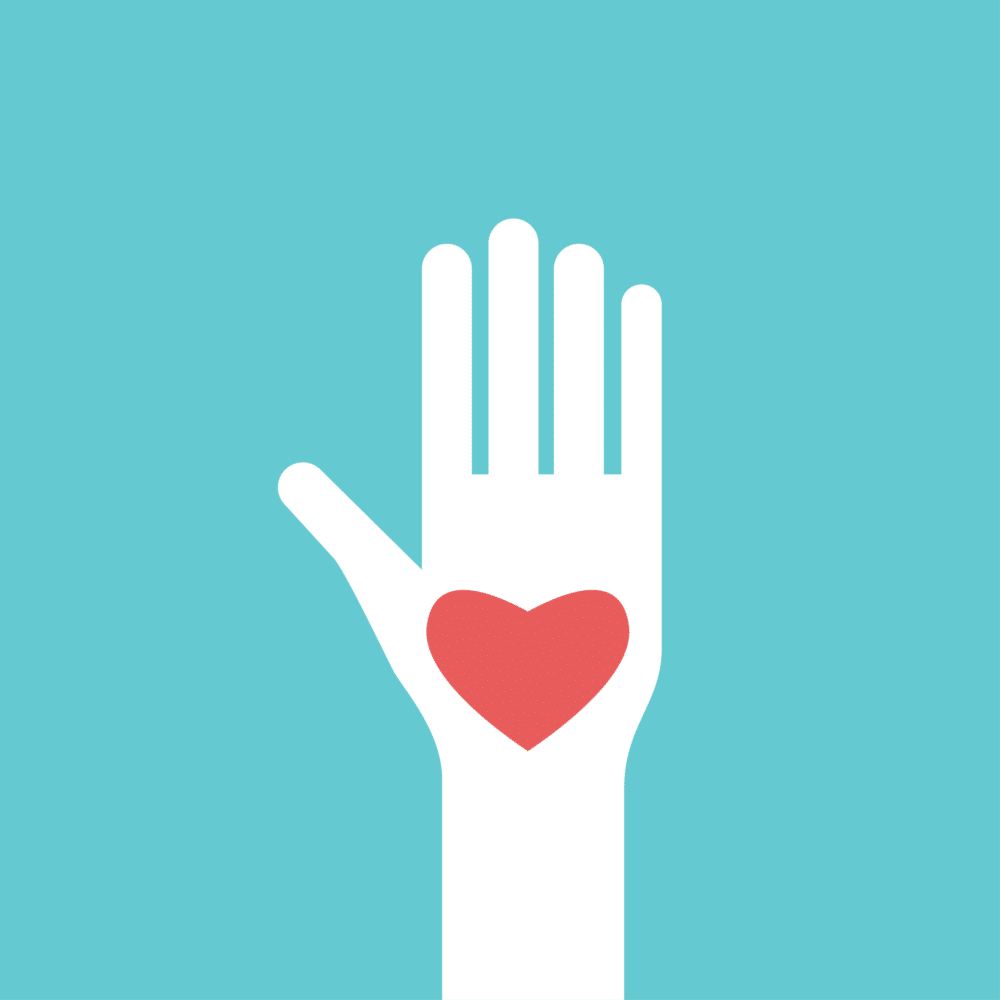 Are you a warm, friendly, dedicated volunteer who wants to make a difference in a fellow congregant's life through acts of loving kindness? Are you willing to make a personal call or visit to comfort and support a congregant who has lost a loved one or been ill? These caring touches – acts of loving kindness – make all the difference in the world to those receiving them. If you want to be a part of strengthening our community, then AA's new Chesed Initiative is for you! This committee will work with our clergy, staff, and lay leaders to connect members who need help with members who want to do good deeds! Additionally, if you know of a congregant who is facing personal difficulties related to health, loss, or grief, please contact Fern Schorr (
Are you a warm, friendly, dedicated volunteer who wants to make a difference in a fellow congregant's life through acts of loving kindness? Are you willing to make a personal call or visit to comfort and support a congregant who has lost a loved one or been ill? These caring touches – acts of loving kindness – make all the difference in the world to those receiving them. If you want to be a part of strengthening our community, then AA's new Chesed Initiative is for you! This committee will work with our clergy, staff, and lay leaders to connect members who need help with members who want to do good deeds! Additionally, if you know of a congregant who is facing personal difficulties related to health, loss, or grief, please contact Fern Schorr (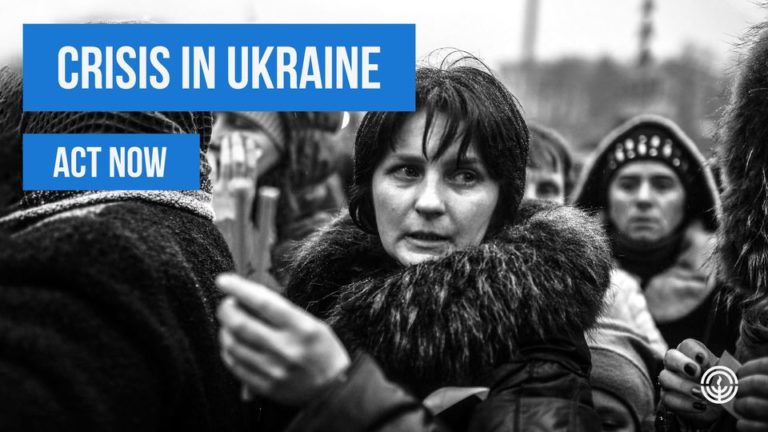 Donate to the Ukraine Emergency Fund of Jewish Federation of Greater Atlanta
Donate to the Ukraine Emergency Fund of Jewish Federation of Greater Atlanta We are proud and grateful to formally launch the Marilyn Ginsberg Eckstein Cultural Arts Program Fund. Formerly the Cultural Arts Program, established in 1977, this fund was established by congregant Marilyn Ginsberg Eckstein to perpetuate AA's broad cultural arts program offerings. AA's cultural arts programming currently consists of: the Fran Eizenstat and Eizenstat Family Memorial Lecture Series, the Chamber Concert Series, the Liturgical Music Artist-in-Residency Program, weekly Shabbat and annual High Holiday musical offerings, and jazz, pop, vocal and instrumental concert offerings. The Cultural Arts Program has long been recognized for its breadth of offerings and its excellence. We hope that you will consider making contributions to this fund as the Marilyn Ginsberg Eckstein Cultural Arts Program offerings continue to present world-renowned speakers, dignitaries, artists, and virtuoso musicians.
We are proud and grateful to formally launch the Marilyn Ginsberg Eckstein Cultural Arts Program Fund. Formerly the Cultural Arts Program, established in 1977, this fund was established by congregant Marilyn Ginsberg Eckstein to perpetuate AA's broad cultural arts program offerings. AA's cultural arts programming currently consists of: the Fran Eizenstat and Eizenstat Family Memorial Lecture Series, the Chamber Concert Series, the Liturgical Music Artist-in-Residency Program, weekly Shabbat and annual High Holiday musical offerings, and jazz, pop, vocal and instrumental concert offerings. The Cultural Arts Program has long been recognized for its breadth of offerings and its excellence. We hope that you will consider making contributions to this fund as the Marilyn Ginsberg Eckstein Cultural Arts Program offerings continue to present world-renowned speakers, dignitaries, artists, and virtuoso musicians.